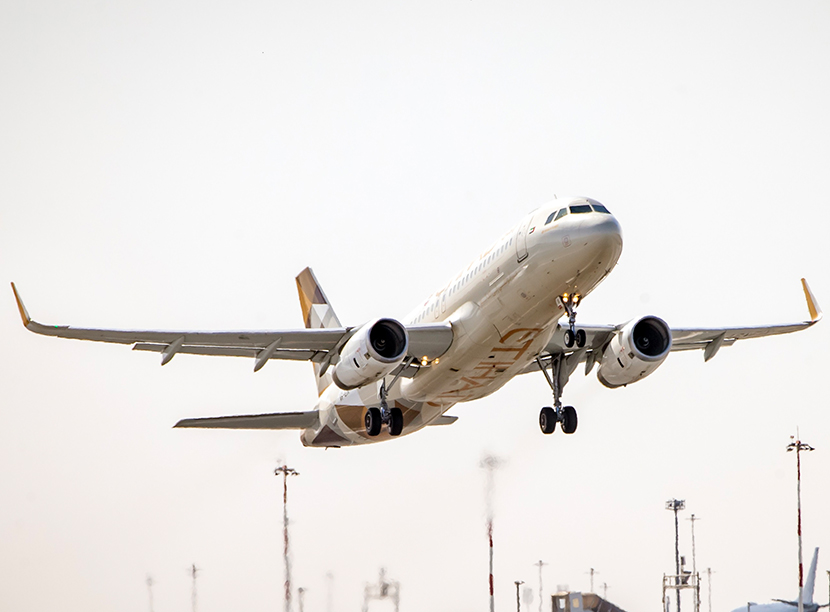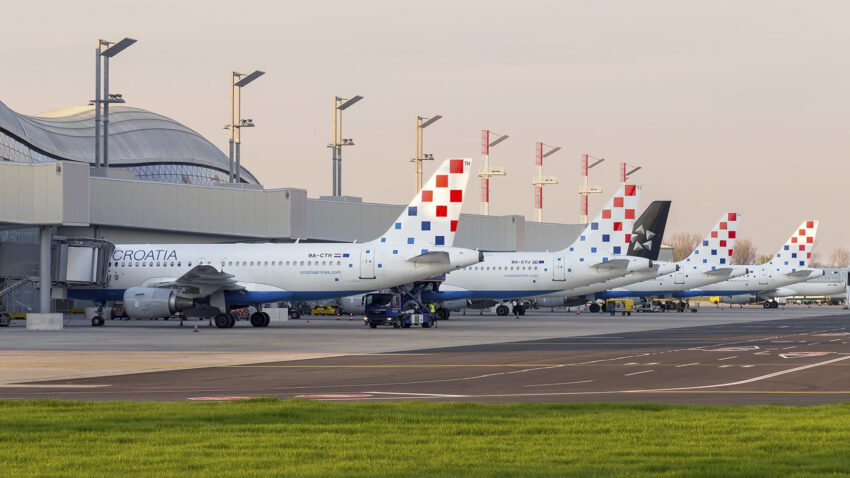
On a typical day, the skies above Iran buzz with the sound of airplanes crisscrossing the region, connecting various parts of the world. However, this routine was abruptly disrupted last Friday following an alleged Israeli air strike in Iran.
The ripple effect was immediate: airlines scrambled to reroute flights, some were diverted to alternate airports, and others returned to their points of departure. This incident is a stark reminder of how geopolitical tensions can swiftly impact airline operations and the broader travel industry.
Immediate Reactions and Safety Measures
In the immediate aftermath of the attack, Iran took the significant step of closing its major airports in Tehran, Shiraz, and Isfahan, and clearing the western part of its airspace. This decision forced airlines to make quick adjustments to their flight paths to ensure passenger safety. Flight tracking data from FlightRadar24 highlighted the urgent adaptations airlines had to implement. For instance, Flydubai canceled its flights to Iran that day, and an Iran Air flight from Rome to Tehran was diverted to Ankara.
The temporary closure of airspace is not an uncommon response in conflict situations; it aims to prevent any risk to civilian aircraft during military actions. Despite these precautions, the situation placed considerable pressure on airlines to manage these disruptions without significant delays or inconveniences to passengers.
Broader Implications for Regional Air Travel
The airspace and airport closures in Iran compounded what had already been a challenging week for carriers, particularly those based in Dubai. Record rainfall in the United Arab Emirates earlier in the week had already led to the cancellation of approximately 30% of all flights in and out of Dubai. The added pressure of rerouting flights due to the conflict further strained resources and operational capacities.
Many Western airlines and Asian airlines had already been avoiding Iranian airspace even before the Israeli attack, reflecting ongoing security concerns in the region. In response to the recent escalation, Germany’s Lufthansa extended its suspension of flights to Tehran until the end of the month, while Australia’s Qantas Airways rerouted its flights between Perth and London, adding a fuel stop in Singapore to avoid the Middle East entirely.

Long-term Strategy and Adaptations
As tensions in the Middle East have escalated over the years, airlines have had to become incredibly adept at adapting to sudden changes in airspace availability. Carriers such as Emirates and Etihad continuously monitor security updates and adjust their operations accordingly. This incident serves as a reminder of the delicate balance airlines must maintain between operational efficiency and the safety of their passengers.
Companies like Taiwan’s China Airlines emphasize their commitment to planning the most appropriate routes in accordance with the recommendations of international aviation authorities such as the US Federal Aviation Administration and the European Union Aviation Safety Agency. This proactive approach is crucial not only for maintaining safety standards but also for ensuring that the global aviation network remains resilient in the face of geopolitical challenges.
The Road Ahead: Stability and Security
Looking forward, the uncertainty in the Middle East poses ongoing challenges for the aviation industry. Airlines will need to remain vigilant and flexible, ready to adjust operations at a moment’s notice. The safety of passengers and crew is paramount, and as such, the industry must continue to prioritize secure and stable routes.

Moreover, the economic implications of such disruptions are significant. Frequent rerouting and cancellations can lead to considerable financial losses for airlines and disrupt the global supply chain. As such, the industry must work closely with governments and international bodies to navigate these challenges effectively.
The recent alleged Israeli strike on Iran and the subsequent disruptions to air traffic underscore the complex interplay between geopolitics and airline operations. As airlines navigate this turbulent environment, their ability to adapt quickly and efficiently will be crucial. The ongoing situation demands a balanced approach that ensures safety without sacrificing the connectivity that is so vital to the global economy. As the skies over the Middle East continue to witness these tensions, the resilience and strategic planning of the airline industry will be put to the test, shaping the future of air travel in the region.
The post Israeli-Iran Conflict Affecting Deeply on Airline Operations Along with Global Travel Industry appeared first on Travel And Tour World.from Travel And Tour World https://ift.tt/YIVbQCH
via IFTTT

No comments:
Post a Comment